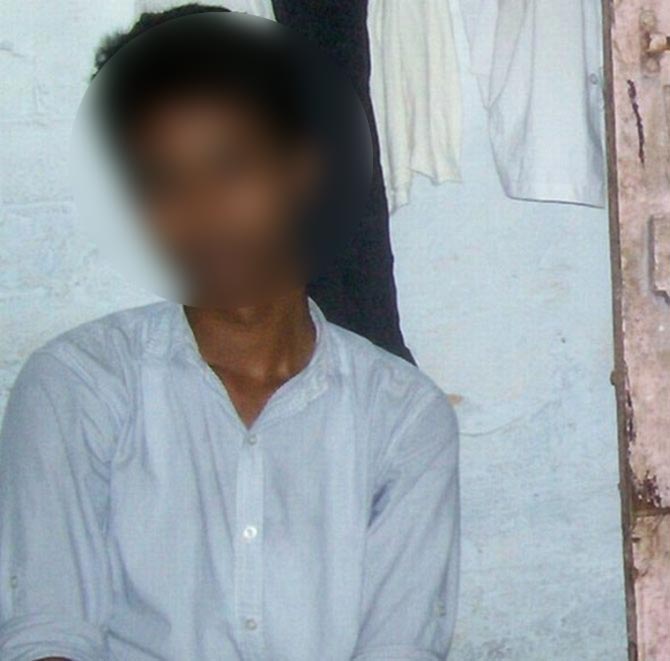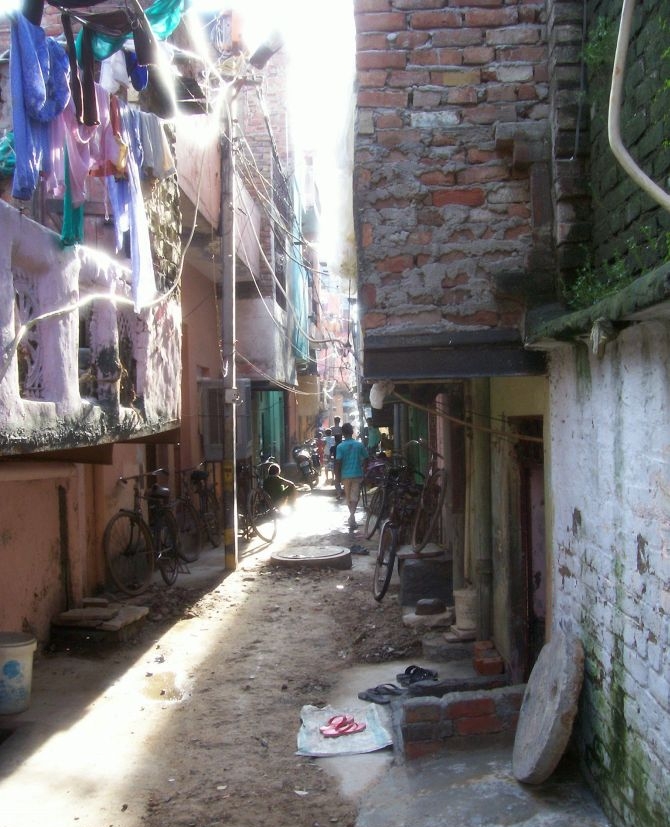The brothers of the Delhi Braveheart are shocked at the three-year sentence for the juvenile convict, but say this is not the end of their fight for justice
Reportage and photographs: Swarupa Dutt
Gaurav Singh sounds tired over the phone from Delhi. It has been a long and bitterly disappointing day for the family. On August 31, the Juvenile Justice Board, presided over by Principal Magistrate Geetanjali Goel, sentenced the minor convicted for murdering and raping his sister to three years in a probation home. It is the maximum punishment that can be awarded under the Juvenile Justice Act.
Gaurav (20), who accompanied his parents, Badrinath and Asha, to the JJB, says they could not believe the verdict.
“Yes, we knew the rules that govern a juvenile accused, but we thought the judge will consider that he was the most brutal among all the six men. The board went strictly by the rule book, not the case. The world knows how my sister died, yet there is no punishment for that man?”
The eight months already spent by the juvenile in custody during the inquiry will be considered as period already served and would be deducted from the three years sentence.
"What’s the point in keeping him custody? We have seen him in court. Use koi nahin sudhar sakta hai (He cannot be reformed). Why bother giving a verdict? We will appeal to a higher court," he says.
The family was at the JJB at 10 am. Theirs was the last case to be heard. "Those hours, waiting for the verdict, was so stressful. My mother broke down when she heard that boy would be given a three-year sentence, but she did not say anything. What is the point of crying and pleading before the judge? They know how my sister was brutalized, yet they give this verdict!"
He says he expects the death sentence for the four adult accused, but after the juvenile's verdict, he would not bet on it.
"We thought the nation was with us, we have strength in numbers, but it really makes no difference to the government. All those protests will not end rape, only the death sentence can make a difference."
During an interview with Gaurav and his brother Saurav (18) at their home in Delhi on the eve of Raksha Bandhan, the boys recalled how they would be prodded awake early in the morning. “It was always around 6 am and I hated it, but didi would badger me into waking up. We bathed and she lit a lamp and we had a small puja and she did an aarti. She tied the rakhi and the day would take over -- classes, homework, dinner -- it was honestly not such a big deal.
"Now, I would give anything, anything at all, for that nudge and poke in the morning from didi," says Gaurav, shaking his head. "We have cousin sisters, but we don't want a rakhi from anyone. What’s the point in this ritual when didi is not here to tie a rakhi,” he says.
Their sister died on December 29, 2012, as a result of injuries when she was gang-raped and brutalised by six men in a moving bus in Delhi. Doctors treating her at Safdarjung Hospital in New Delhi had said they had never seen a victim of sexual assault subjected to "such brutality" and described her condition as "horrifying".
Doctors told her parents she would not survive, but for 13 days she did. After three critical surgeries at Safdarjung, where most of her intestines were removed, she was moved to the Mount Elizabeth hospital in Singapore, which specialises in organ transplants and highly complicated surgeries. Despite the best medical treatment, the girl died on December 29 -- just 23 and on the brink of a career as a physiotherapist.
The sheer barbarity of the incident caught the world’s attention and brought protestors in their thousands to the streets in New Delhi and much of India.
Eight months on, the four adults in the case -- Mukesh Singh, Pawan Gupta, Vinay Sharma and Akshay Thakur -- are being tried at a fast-track court in Saket, New Delhi. The prime accused, Ram Singh, died in custody at Tihar jail on March 11.
The juvenile who was six months short of 18 years was acquitted by the Juvenile Justice Board of 'attempt to murder' of the paramedic's male friend, who was the sole eye witness in the case.
"This case has become a free-for-all. Anyone who has a mouth, judges us. We have been hearing that we have become publicity hungry, that we want our names in the papers. But the reason is we want the publicity to keep the case alive. We want the government to feel pressured to make anti-rape laws more stringent. Punishment has to be the death sentence," he says.
"Kuch nahin toh UN mein jayenge. Wahan pe zaroor nyay milega, (We will approach the United Nations if we don’t get justice here)."
While the trial keeps them going, it’s the ordinary, everyday life that’s difficult to bear.
Please click NEXT to read further...

